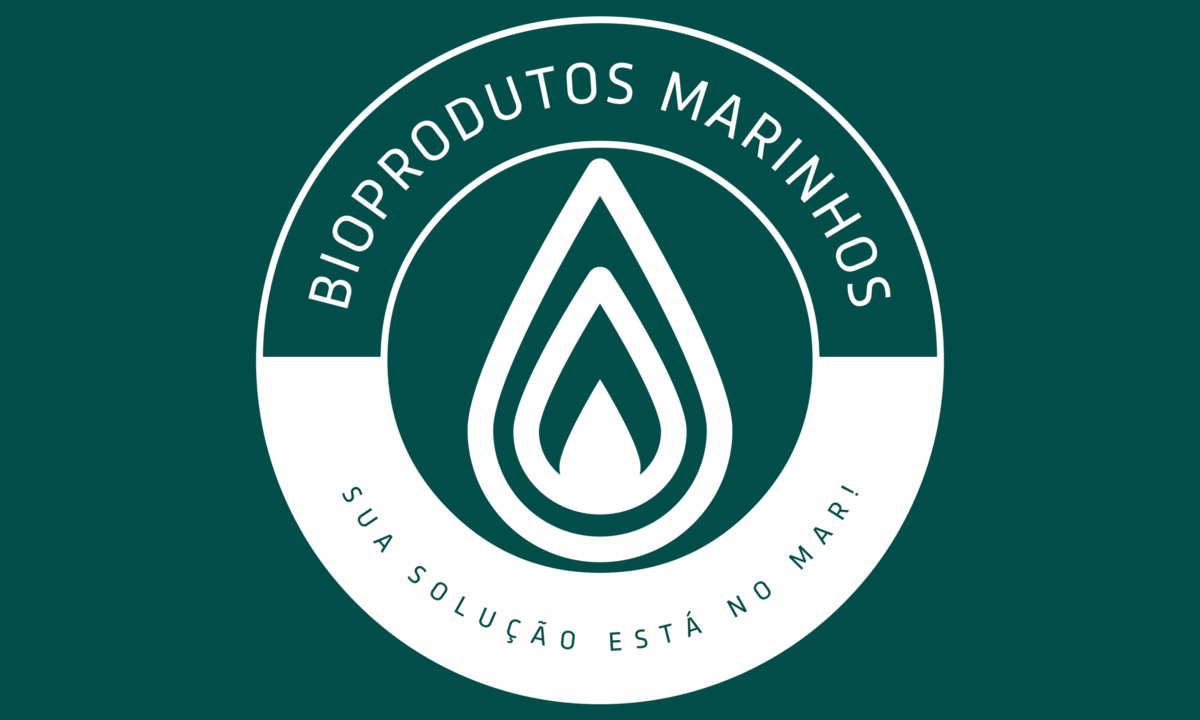Our recent research is at the forefront of alternative protein innovation, harnessing the incredible biodiversity of Brazil’s marine ecosystem. Located in a vibrant biodiversity hotspot (Arraial do Cabo, Rio de Janeiro), our institute is uniquely positioned to study and cultivate a variety of seafood. Our dedicated team has successfully developed primary cell cultures from oysters, scallops, and crabs, and we are trying to preserve these cells in a biorepository aimed at achieving immortalization. In collaboration with our marine biotechnology students, we are exploring the potential of microalgae, cyanobacteria, and macroalgae as sustainable alternatives to fetal bovine serum in our cellular seafood culture media. By partnering with dynamic start-ups and other research groups in Embrapa and Fiperj, we are enhancing flavor profiles and incorporating species-specific factors crucial for the success of immortalization, proliferation, and differentiation. Moreover, we are exploring cutting-edge developments, such as algae-based bioinks and microcarriers, to significantly enhance cell biomass, including primary cells. Our state-of-the-art infrastructure simulates natural marine conditions, ensuring optimal growth of organisms. As a pioneering group committed to advancing alternatives to animal-based invertebrate seafood technologies in Brazil, we are excited to lead the way toward a more sustainable and innovative future in food production, collaborating to transfer our technology to entities interested in upscaling the production of invertebrate-seafood-cell-meat.

Giselle Faria Lopes
- Host institution: Instituto de Estudos do Mar Almirante Paulo Moreira (IEAPM)
- Position: Principal investigator
- Discipline: Animal science, Biochemistry, Biology, Cellular biology, Plant biology, Tissue engineering
- Alternative protein type: Cultivated, Plant-based
- Collaboration opportunities: Industry partnership, Joint research, Sharing equipment or facilities
- Hiring for: Graduate students, Postdoctoral fellows, Research staff, Undergraduate students
- Lab equipment: Animal cell and tissue culture facilities, Biochemistry equipment, Microscopy equipment, Standard molecular biology equipment
- Pilot equipment: Plant protein processing
- Region: Latin America
- Technology focus: Bioprocess design, Cell culture media, Cell line development, Consumer research, Environmental assessments, Scaffolding and structure
- Location: Brazil